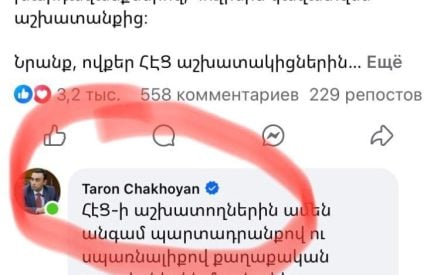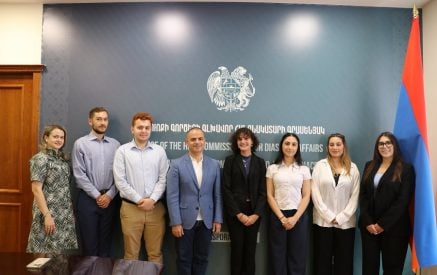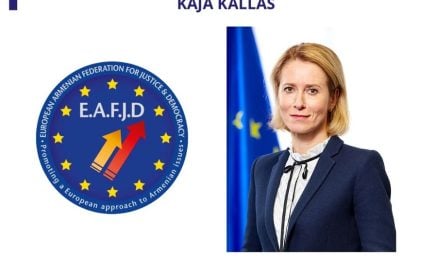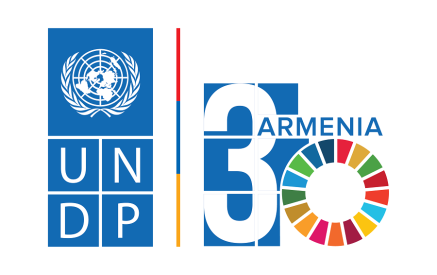“Recently, activities involving personal data have increased that raise suspicions about illegality. I am also referring to leaks,” the director of the Ministry of Justice Personal Data Protection Agency, Gevorg Hayrapetyan, said during a press conference at Armenpress.
There have been leaks of the names of people who died from the coronavirus over the past month, as well as the names of people who died for other reasons and people who came into their circle of contact. “Our studies have shown that the problem is not that personal data systems are not secure, but instead that organizational methods are flawed. According to the information provided by our healthcare operator, the system was not subject to hacking. This means that anyone who had the ability to access this data, share it, or use it for any legal reasons made a mistake at some point. They perhaps did not protect their electronic platforms on an organizational level at some point, which is what caused this.”
According to Gevorg Hayrapetyan, phishing was the cause of this. “Hackers use phishing to send people fake letters and websites so that they can gain access to people’s electronic information and profiles on different social networks. Essentially, they also will be able to gain access to the contents of other sites, such as messages, personal information, and more. This is called phishing because it is similar to actual fishing. This term began to be put into use in the 1990s because they throw the bait just as a fisherman would, and when the person takes the bait, they sacrifice their personal information.”
He said that even password difficulty will not protect people from becoming victims of phishing. “Someone can receive a message that says there is a problem with their Facebook page that will result in their page’s deactivation. That is why they need to login and enter their username and password so they can avoid facing that problem. When that individual clicks on the link and logs in, the page they clicked on will look just like Facebook, but when they look at the web address, they will understand that it’s a completely different site. This means that the individual is willingly giving their password to the hacker, no matter how difficult it is, which is how their page becomes accessible. The same goes for emails. People often receive emails that their philanthropist relative died in a foreign country and left them millions of dollars in their will. Therefore, it is necessary for them to follow the link and open a social media page, input their data, and send a message. This is also meant to steal your password and information.”
Ami Chichakyan
Photo by Armenpress


























































